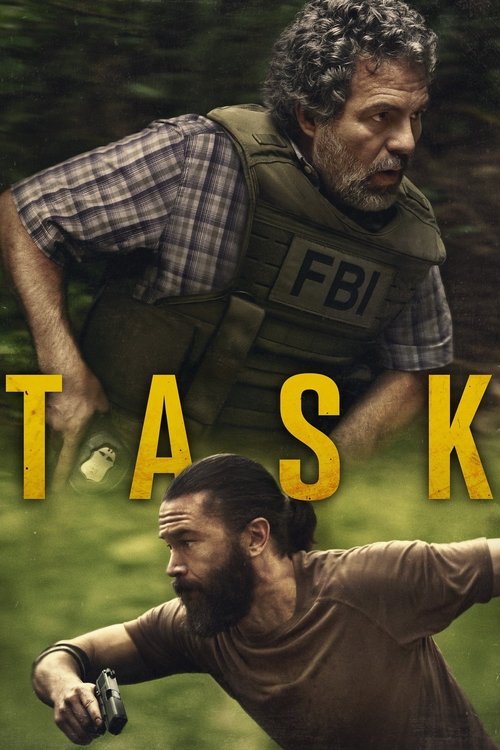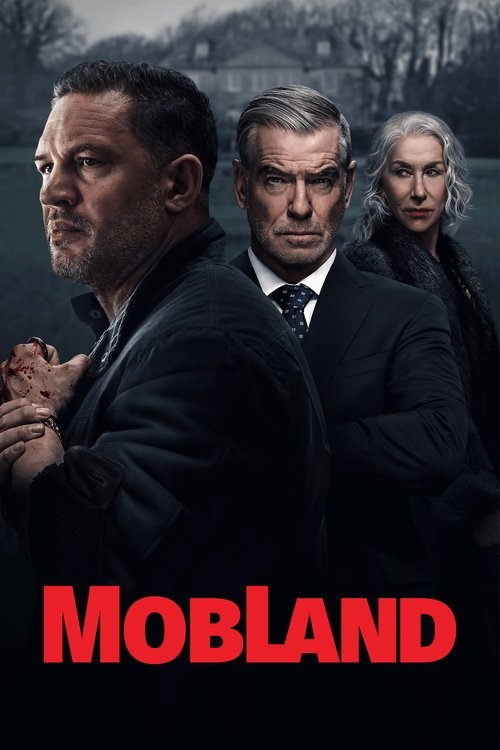
Ask Your Own Question
What is the plot?
What is the ending?
Is there a post-credit scene?
What are the key character developments in Happy Face Season 1 Episode 5 'Don't Dream'?
In Episode 5, Melissa gains confidence after confronting her father and finding the murder weapon, realizing the case is bigger than just her and Keith. Elijah faces a difficult decision about a plea deal, ultimately rejecting it. Hazel secretly communicates with Keith, deepening the tension. The episode also explores Elijah's backstory through flashbacks and introduces his sister Joyce, adding emotional depth to their characters.
How does Episode 5 'Don't Dream' expand on the supporting characters in Happy Face?
The episode provides more insight into Elijah and his sister Joyce, including flashbacks to Elijah's childhood and direct scenes with Joyce, which establish an emotional connection. It also shows Hazel's secret correspondence with Keith, revealing her complex motivations. However, some character developments remain surface-level, leaving viewers wanting more depth.
What are the major plot points involving the justice system in Episode 5 'Don't Dream'?
Episode 5 highlights flaws in the justice system, particularly through the character Calloway, who is willing to sacrifice an innocent man, Elijah, to save face. This exposes systemic issues and corruption. Elijah's plea deal decision and the public's reaction, including a 'Save Elijah' rally, further emphasize the tension between justice and political maneuvering.
What role does Hazel's secret correspondence play in the story of Episode 5?
Hazel's secret communication with Keith adds a layer of suspense and danger. She receives drawings from Keith, including one of a victim and one of herself, suggesting Keith's manipulative intentions. This subplot shows Hazel's risky search for connection and understanding, which puts her and Melissa at risk.
How does Episode 5 'Don't Dream' portray the conflict between personal and moral choices?
Melissa is depicted as torn between her dedication to Elijah's case and her strained family relationships, highlighting the personal cost of her moral commitment. Elijah's refusal of the plea deal shows his struggle with self-preservation versus justice. Hazel's actions reflect a teenage rebellion that complicates the moral landscape, illustrating the characters' complex motivations and consequences.

























